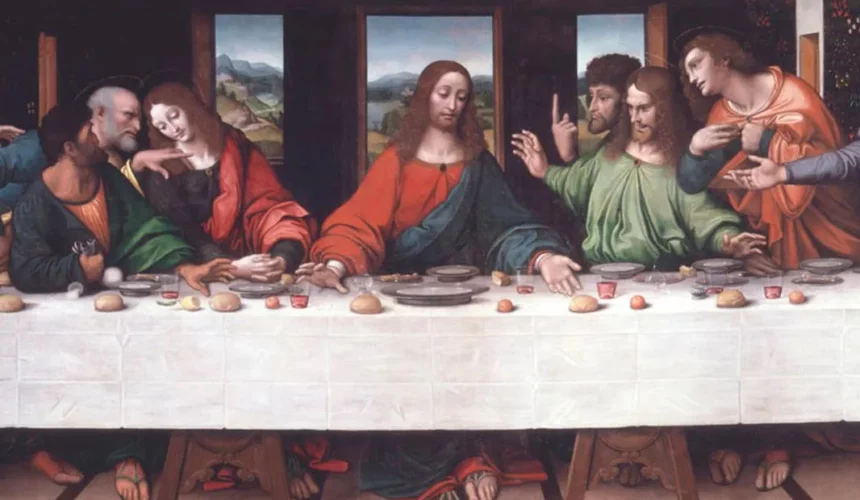In the heart of Christian worship lies the Lord’s Supper, an ordinance that transcends time and tradition. Grounded in the commandments to the church set forth by Jesus Christ Himself, this symbolic communion holds profound meaning for believers. In this message, we will unravel the richness of grace found in the Lord’s Supper, examining its biblical foundations, exploring the reasons for its practice, and delving into the blessings it holds for the Church.
Biblical Basis for the Lord’s Supper:
The apostle Paul, in 1 Corinthians 11:2, acknowledges the importance of keeping the ordinances, specifically mentioning baptism and the Lord’s Supper. These are not mere rituals but divine commands directly from the lips of Jesus. In understanding the authority bestowed upon the Church, we recognize its responsibility to carry out these ordinances faithfully.
Biblical Precedents:
Acts 2:46-47 and Acts 20:7 provide glimpses into the early Christian practice of breaking bread. This communal act, done with gladness and singleness of heart, showcases the disciples’ regular observance of the Lord’s Supper. It becomes evident that the early Church understood the importance of this symbolic ordinance in their gatherings.
The practice of “close” communion, as seen in the early Church, involves traveling preachers as long as they are saved, baptized, and part of another Baptist Church, to partake in the Lord’s Supper with the church. The exclusions are reserved for those who have not followed the foundational steps outlined in the Word of God: being born again: believing in Jesus and the Gospel, and being baptized.
Paul’s Cautionary Words:
The apostle Paul’s words in 1 Corinthians 11:17-19 caution against approaching the Lord’s Supper with a wrong attitude. While some may shy away from this practice due to the fear of negative consequences, it is essential to understand that the Lord’s Supper is meant for the betterment of believers. Not to harm the church.
Reasons for the Lord’s Supper:
The Lord’s Supper serves multiple purposes, each contributing to the spiritual growth and unity of the Church:
- Commanded by Christ (Luke 22:19): The Lord’s Supper is a direct command from Jesus, urging believers to partake in remembrance of His sacrificial death.
- Remembering Christ’s Death: While Christmas celebrates His birth and Easter His resurrection, the Lord’s Supper focuses on remembering Jesus’ death, fulfilling the symbolism of the Passover feast in the Old Testament.
- Communion of the Body and Blood of Jesus (1 Corinthians 10:16): The act of sharing the bread and cup signifies the unity and equality of believers in the body of Christ.
- Self-Examination (1 Corinthians 11:27-29): Communion provides a designated time for believers to engage in self-reflection, examining their relationship with God and others.
- Anticipation of the Heavenly Supper (Matthew 26:28-29): The Lord’s Supper points believers towards the future, where they anticipate a heavenly feast in the presence of Jesus.
Conclusion:
In conclusion, the Lord’s Supper stands as a Church practice within the Christian faith. Rooted in biblical commands and exemplified by the early Church, this communion serves as a symbol of remembrance, unity, and anticipation. As believers partake in the Lord’s Supper, they not only honor Christ’s sacrifice but also strengthen their communal bond, engage in self-reflection, and eagerly anticipate the heavenly feast promised by their Lord and Savior.

